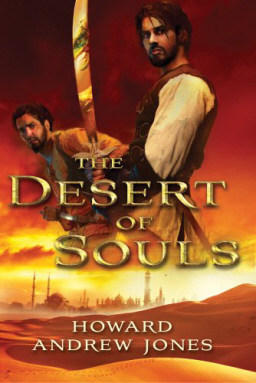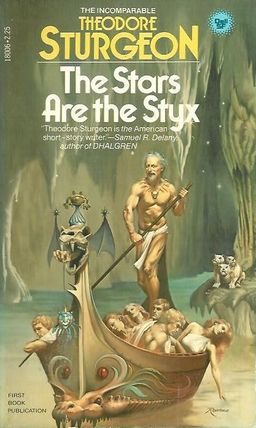The Series Series: Traitor’s Blade by Sebastien de Castell
After months of reviews that boiled down to not-my-book-but-maybe-yours or notably-flawed-but-with-some virtues or promising-but-published-a-draft-too-early, I looked at my box of review copies and saw months more of the same ahead of me. So I wrote John O’Neill and asked if any new books had come in that I might be able to love without reservation.
Not only did I love this book, I trusted it. Somehow, de Castell managed in his debut novel to win my trust so completely and quickly that he could tell nearly half of his story in flashback, often for a chapter at a stretch, and never once did he throw me out of the waking dream of fiction to wonder whether he could pull it off. As much as I like watching authorial tightrope-walking acts in general, I like best of all to watch one without worrying that the author might fall.
Falcio Val Mond’s coat is in tatters, along with his reputation, his soul, his country, and the order of warrior-magistrates he led to bring the king’s justice to the people of Tristia. He’s still First Cantor of the Greatcoats — for all the good that does him, with his king long since dead and the dukes of Tristia’s provinces plotting to exterminate or co-opt the surviving Greatcoats and install a new puppet monarch.
What Falcio has left to work with is formidable, though. He is still chief badass of an elite band of badasses, with two of his lifelong companions still by his side. Kest and Brasti are different enough from Falcio and from each other for the three of them to thread their misadventures with a high-stakes debate about how to survive and be of service as bringers of law in a lawless time when they are constantly outnumbered, defamed, despised, and impoverished. How do you help people who hate you, and is it ever conscionable to give up?
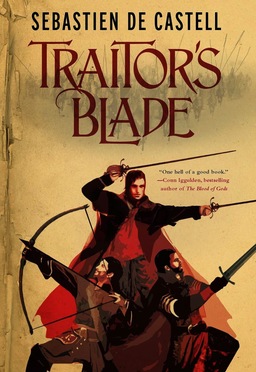
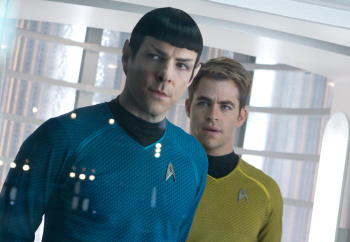
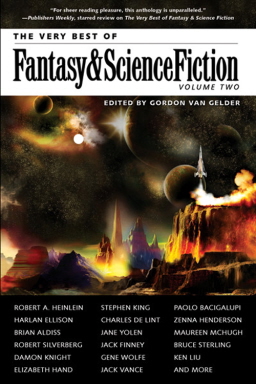
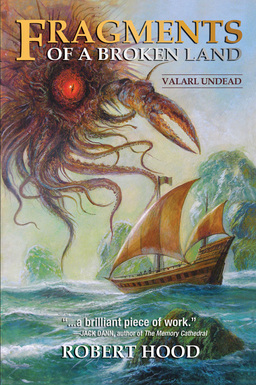
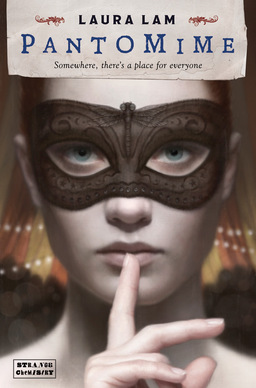
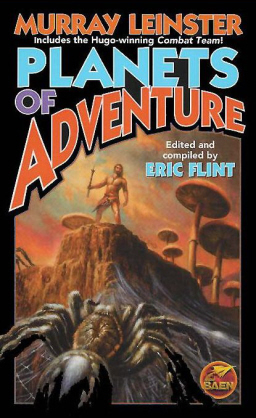

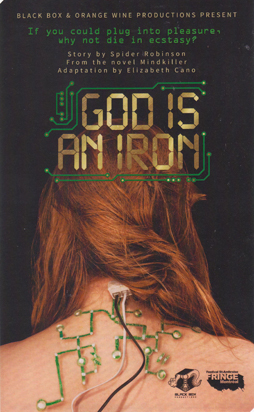 Monday, June 16, I went to see a show at the
Monday, June 16, I went to see a show at the 